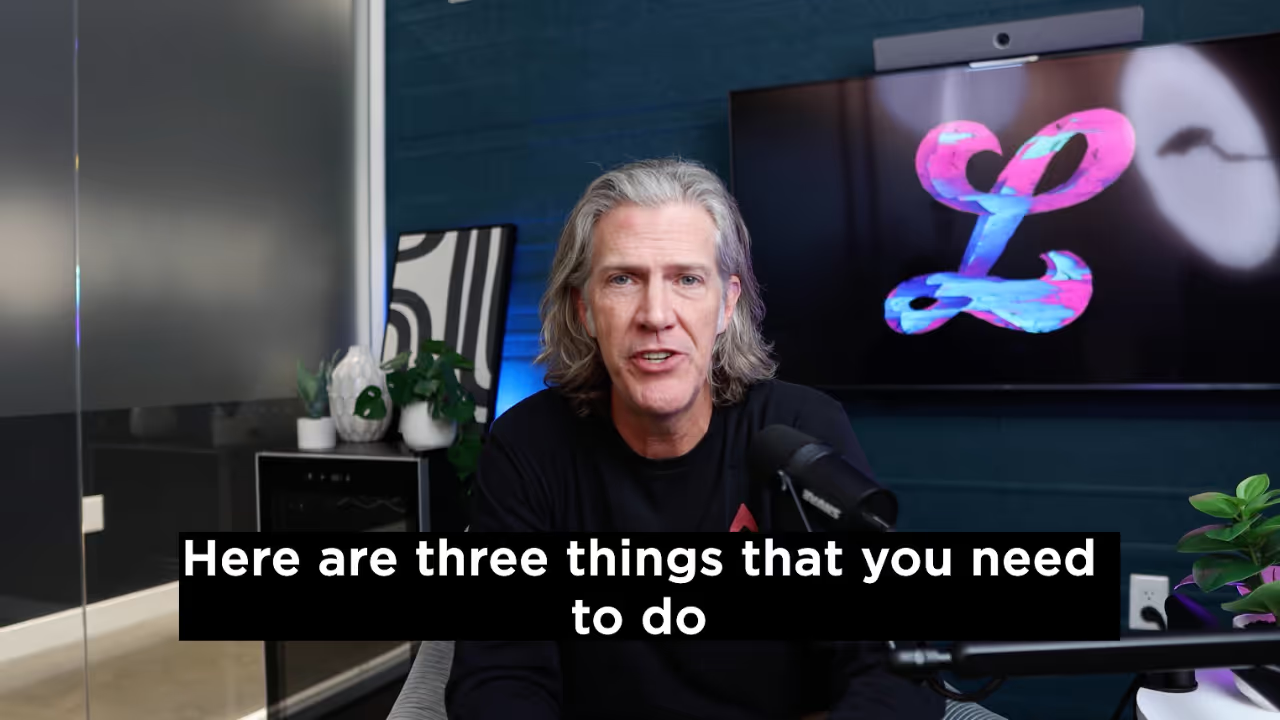You're getting ready to buy a home by saving for a down payment and closing costs. Having a higher credit score does make it easier to get a better mortgage rate, but what are your options if you have fair or poor credit?
You're not alone if you have a low credit score. But if you want to buy a home, the amount you save will be different than those with higher credit scores.
Want to learn how you can work around your credit score when saving for your home? Read on.
How do credit scores work?
The concept is simple: credit scores are a national profiling system that categorizes the creditworthiness of any individual. That way, lenders can judge how risky it is to let you borrow money. The riskier you’re perceived, the more it’ll cost you to borrow money.
Sadly, that inverse formula tends to ensure that credit-challenged individuals find it difficult to break out of perpetual bad credit in order to afford a better lifestyle. But not all is lost, it’s rare that anyone’s credit is so severely damaged that getting a mortgage is impossible. Expensive, yes, but impossible, no.
With that in mind, let's peek at the national standard for credit reports as determined by FICO:
- Exceptional Credit - 800-850 (applies to about 21% of Americans)
- Very Good Credit - 740-799 (applies to about 25% of Americans)
- Good Credit - 670-739 (applies to about 21% of Americans)
- Fair Credit - 580-669 (applies to about 17% of Americans)
- Poor Credit - 300-579 (applies to about 16% of Americans)
Now let's see how loan terms will likely vary depending upon your FICO score (assuming a 30-year fixed mortgage in the amount of $248,640 - about 80% of the national median home price) :
- 760-850 FICO Score - 2.369% APR with a monthly payment of $966
- 700-759 FICO Score - 2.591% APR with a monthly payment of $994
- 680-699 FICO Score - 2.768% APR with a monthly payment of $1,017
- 660-679 FICO Score - 2.982% APR with a monthly payment of $1,046
- 640-659 FICO Score - 3.412% APR with a monthly payment of $1,104
- 620-639 FICO Score - 3.958% APR with a monthly payment of $1,181
These numbers are estimates based on the national average at the time this article was written.
You can see a person with fair credit (620-639 FICO score) will pay $215 a month more in interest than a person with exceptional credit (760-850 FICO score).
What might not be so obvious is that the two top brackets (700-759 and 760-850) include a larger range of scores (the top bracket allows 90 points while the second bracket gives 60) than the four lowest listed brackets, each of which spans a range of 40 points. This illustrates the fact that lenders get nervous quickly when FICO scores reach the Good category.
If you want to tinker with different loan amounts, check out the loan savings calculator at myFICO.com.
How to Make Mortgage Payments More Affordable Beyond Your Credit Score
Credit scores matter, but remember that they’re not the only determining factor when seeking a home mortgage.
It takes time to raise lower credit scores, but here are some other approaches that can make your home purchase happen earlier rather than later:
- Get a Co-Signer - lenders relax a lot when they know you have someone with better credit than you willing to co-sign your mortgage.
- Down Payment Assistance - you may qualify for a grant or credit that helps you pull together your down payment; your best starting point is searching through DownPaymentResource.com.
- Qualify as a First-Time Buyer - there are first-time buyer programs you should investigate; the FHA offers an excellent website listing resources by state.
- Shop Mortgages - become an expert in interest rates and mortgage lenders; you will be surprised at the difference in terms you can secure by finding the right lender - what should not surprise you is your best deal is likely at Lower.com
- Skip Big Purchases/Credit Card Applications - demonstrate financial discipline by slowing down or stopping big-ticket purchases or applying for more credit; lenders are more comfortable knowing they are the only place where you are taking on new debt.
- Larger Down Payment - even if you have bad credit score, if you're sitting on a lot of cash that you can put into your new home purchase, lenders will breathe much easier, you're less likely to walk away with more funds invested, and lenders have a larger cushion to protect their investment.
This returns us to our original question...
How Much Should I Save For a Home If I Have Fair to Poor Credit?
A lender is most comfortable when their loan doesn’t exceed 80% of the home value. That being the case, the best way to reassure lenders of your ability to pay your mortgage is to offer more cash for your down payment up front.
There’s no magical or fixed formula that’ll tell you precisely how much you should save for a home, whether your credit score is iffy or spiffy. Your best bet is to always leave yourself enough cushion to cope with unexpected situations that could strap you financially.
By saving enough to put down 25% to 30% of the purchase price of your home, you make it easier for lenders to loan you their money and for you to obtain a lower interest rate. This also will knock off any PMI (private mortgage insurance) making for much more affordable mortgage payments which, in turn, will make your credit score rise and shine brighter each year.
Can I make up for bad credit with a high income?
The right combination of income and down payment can overcome bad credit, to a point. Note, however, that most programs do have minimum credit scores that need to be met no matter what.
Because income has no impact on credit, the wealthy are just as likely to have a low credit score as the poor. Wealthy individuals can miss payments, rely too heavily on credit, and open too many new accounts, all of which will lower their credit score. If you’re a doctor making $300,000 a year and have $1 million in debt, for example, you’ll likely have a poor credit score.
On a practical level, it boils down to whether or not your income can support your lifestyle.
Take advantage of credit-boosting programs
Programs like UltraFICO track the movement of cash in your bank account, and in many cases your score can go up based on this data. According to Experian, 61 percent of the Boost program’s participants saw their scores go up, with the average bump being 13 points.
Many banks also offer credit monitoring for their customers, which can be a good idea to utilize in tandem. Having a handle on what goes into your score can help you improve it.

















.svg)

.svg)















